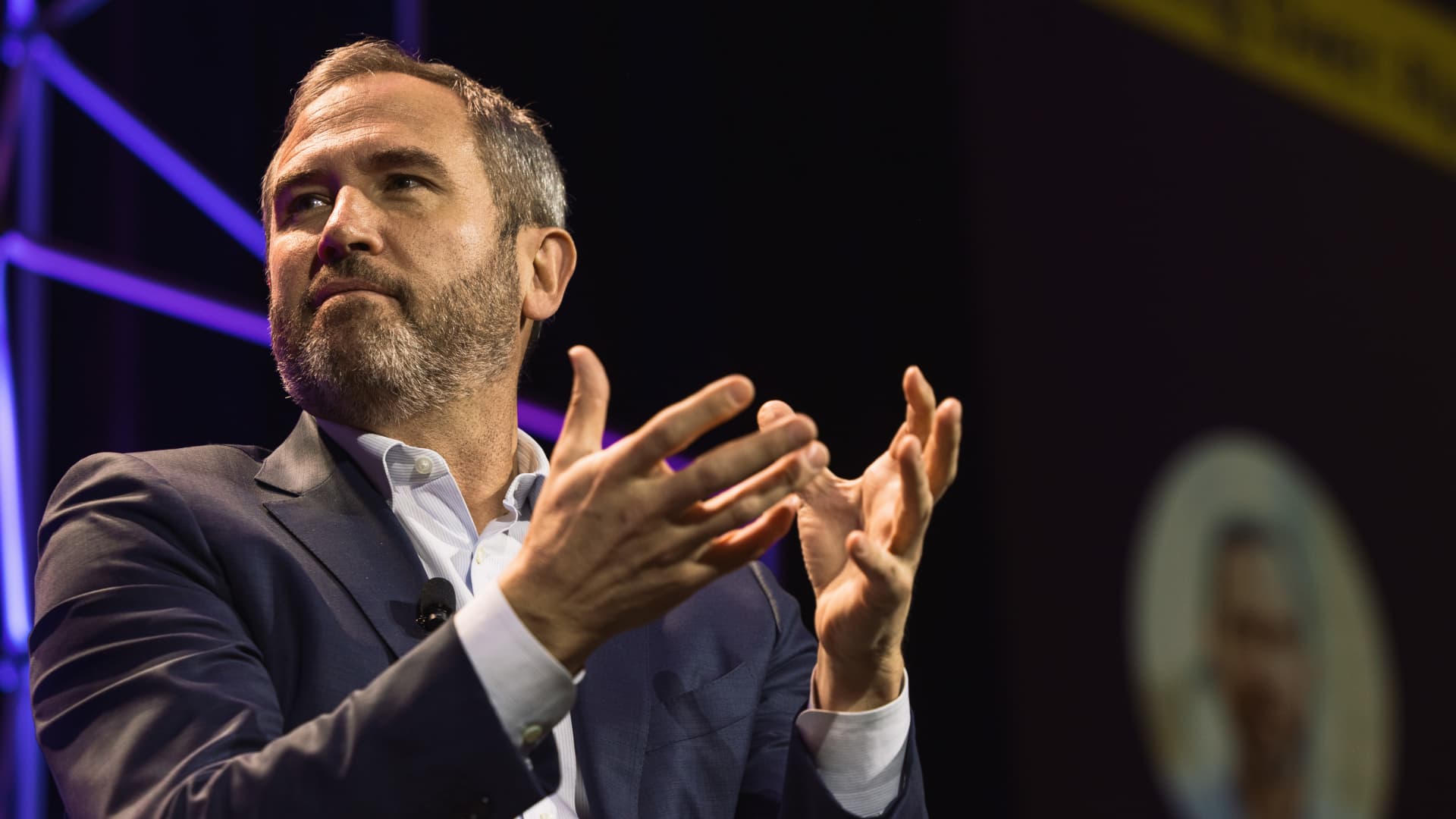The latest identification is the first since 2021 and more than 1,000 human remains from the Sept. 11, 2001, attacks have yet to be identified.
NEW YORK — The remains of two people who died in the 9/11 attack on the World Trade Center have been identified, the latest positive identification in the decadeslong effort to return victims to their families.
Authorities confirmed the identification of the remains of a man and woman days ahead of the 22nd anniversary of the hijacked-plane attack that killed nearly 3,000 people in Lower Manhattan. Their names were withheld by city officials at the request of their families.
New York City’s medical examiner has now been able to link remains to 1,649 World Trade Center victims, a painstaking process that relies on leading-edge DNA sequencing techniques to test body fragments recovered in the rubble.
Advancements in the sequencing technology, including increased test sensitivity and faster turnaround times, have allowed officials to identify remains that had tested negative for identifiable DNA for decades, officials said.
Similar efforts are used by the U.S. military to identify missing service members and are currently underway to test body fragments from more than 100 people killed during the wildfires in Maui last month.
Despite forensic advancements, the effort to identify the remains of 9/11 victims has slowed in recent years. The two positive identifications are the first since September 2021, officials said. Before that, the last identification was made in 2019.
More than 1,000 human remains from the Sept. 11, 2001, attacks have yet to be identified. They are currently being stored at the National September 11 Memorial & Museum at the World Trade Center site.
Dr. Jason Graham, the city’s chief medical examiner, said officials were committed to fulfilling their “solemn pledge” to return the remains of all of the attack’s victims.
“Faced with the largest and most complex forensic investigation in the history of our country, we stand undaunted in our mission to use the latest advances in science to serve this promise,” Graham said.
















